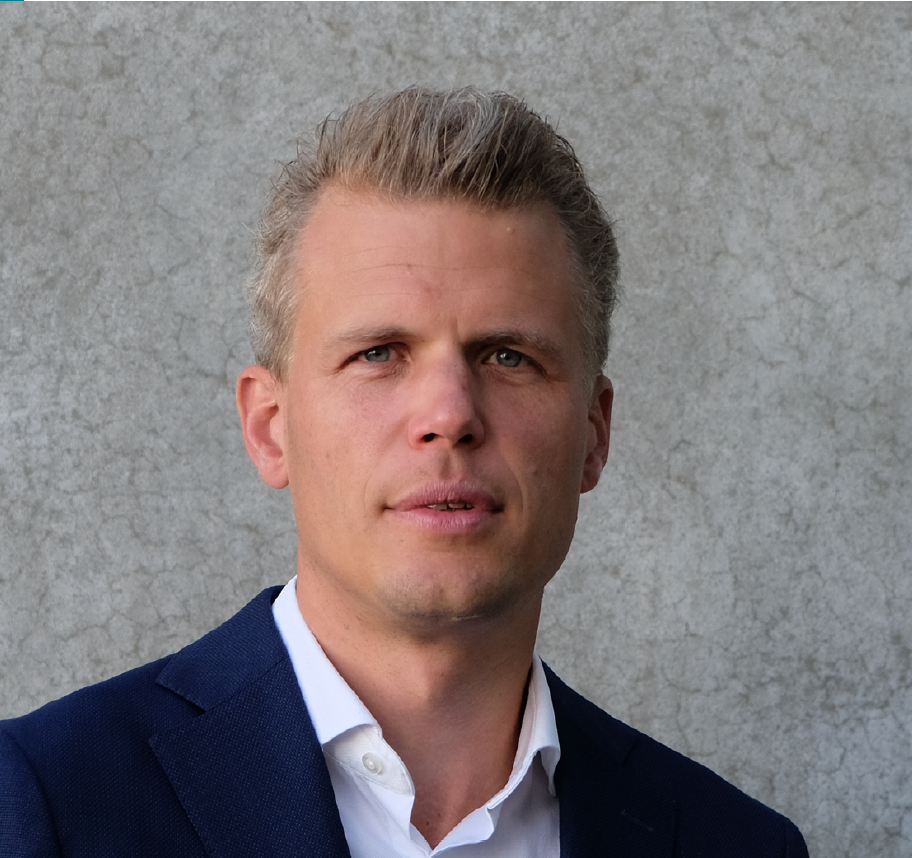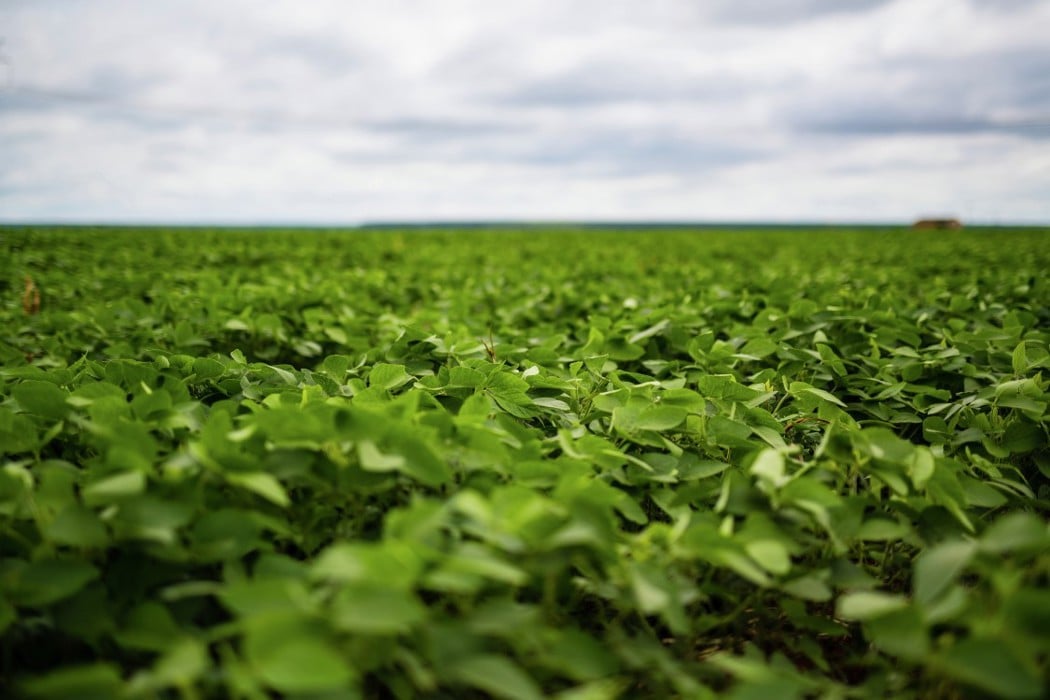Responsible sourcing
Sourcing raw materials in a feed company is the result of joint efforts from the innovation, formulation and operations teams to define the nutritional requirements and physical characteristics required by the fish or shrimp. When these parameters are defined, the procurement team undertakes availability and cost analysis based on the characteristics certain ingredients provide.
Sustainability parameters as a sourcing requirement are largely determined by the markets in which we operate. As a global company, we see that while sustainability may be a starting point for procurement in some markets, while in others it may be desired, but a secondary consideration due to the market reality. While in certain markets our customers, the fish and shrimp farmers (and thereby their customers, the retailers and thereby their customers – all of us!) demand us to source deforestation-free, 100% certified and with the lowest carbon footprint possible, other markets have less or no demands at all. As Skretting we aim to set a high standard for all markets, while this might be not ambitious enough for some markets, for other markets it is a real stretch – nevertheless we do it.
It is clear that sustainability has the full attention of top management in feed companies and in the broader feed value chain. This is definitely a positive change from 2-5 years ago and many encouraging developments have happened since then, but change is still demanded without paying a premium. Doing more for the same (or less) is an uphill battle that requires time and perseverance.
With clear ambitions on sustainability, clear roadmaps in the form of the policies, Skretting is aiming to improve every year to make sourcing more sustainable.

From the supply side come other complexities in sourcing in the most sustainable way. When it comes to deforestation and marine certification, many certifications exist (all with slightly different criteria) and traceability is rarely 100% solid. So even where there is a clear demand to source sustainably, it is not always possible as the supply could simply not be there. In addition, in commodity markets since April 2020 at times there is simply not the luxury of choice. In reality, 100% sustainable sourcing requires the value chain accepting a premium and a broader market request on the demand side.
To deal with these challenges, we have developed policies on our sourcing of soy and oil palm and marine ingredients to simplify our sourcing and emphasise our ambitions. These policies ensure decision-making is a simplified process when it comes to procurement.
With clear ambitions on sustainability, clear roadmaps in the form of the policies, Skretting is aiming to improve every year to make sourcing more sustainable. Despite the challenges that COVID-19 has brought, we have been making good steps and are developing ourselves as an organisation that is doing the right things and is able to drive developments and discussion with customers, suppliers and stakeholder groups. In that organisation, procurement is still looking for the best deals, but always with some strong sustainability requirements to go with that.
SDG targets regarding natural resources.
Source 100% of marine ingredients from sources audited and certified by MarinTrust or MSC.
Ensure that where MarinTrust or MSC-certified marine ingredients are not available, all noncertified ingredients will be engaged in a Fishery Improvement Project (FIP). FIPs will publicly report developments annually.
Ensure that all marine ingredients produced from species caught for the sole purpose of producing a feed ingredient will, as of 2022, come from MarinTrust certified sources of whole fish or from fisheries that participate in a recognised programme to improve in order to become certified.
 Our progress
Our progress
80% of our whole fish and byproducts are certified by MarinTrust or MSC, or on a MarinTrust-FIP.
Specific SDG sub-targets addressed
SDG sub-target 14.2/Business interpretation – Building traceability to assure and verify sustainability claims and ensure sustainable practices in the supply chain.
Obtaining aquaculture certifications for marine and animal health and welfare, food safety, and environmental protection or ensuring that suppliers obtain such certifications.
SDG sub-target 12.7/Business interpretation – Ensuring suppliers apply the same sustainable principles required in the procurement contracts through evidence-based approaches such as supplier sustainability audits.
SDG sub-target 15.2 and 14.2: Contribute to sustainable forest management and obtaining aquaculture certifications.
All purchased soy and palm will be deforestation-free by 2025.
 Our progress
Our progress
60% of our Soy ingredients are deforestation free or form countries with low risk of deforestation according to our Soy & Palm Oil Ingredients Sourcing Policy.
Specific SDG sub-targets addressed
SDG sub-target 15.2/Business interpretation – Contributing to sustainable management of forests through rehabilitating lands destructed by business operations, and committing to reduce or remove deforestation and forest degradation from direct operations and the supply chain.
SDG sub-target 15.2 and 14.2: Contribute to sustainable forest management and obtaining aquaculture certifications.
Ensure that by 2022, all agricultural vegetable products are traced back to the country where they were cultivated, to use in a risk filter and for footprinting requirements.
 Our progress
Our progress
In 2021 we have conducted a feasibility assessment of including country of cultivation in our procurement system.
Specific SDG sub-targets addressed
SDG sub-target 2.3/Business interpretation – Use business influences to ensure the above aspects are applied throughout the supply chain.
Implementing traceability, including reviewing the demographics of existing or new supply chains, and investing in supporting the livelihoods and sustainability of suppliers from marginalised/ underrepresented groups.
Reviewing procurement policies to remove barriers to entry for small-scale food producers involved in the supply chain.
SDG sub-target 15.2 and 14.2: Contribute to sustainable forest management and obtaining aquaculture certifications.

Next
Our position on deforestation
By the end of 2025, our ambition is to source soy and oil palm ingredients that are free of both legal and illegal deforestation, with the purpose of limiting our impact on biodiversity and climate change.
